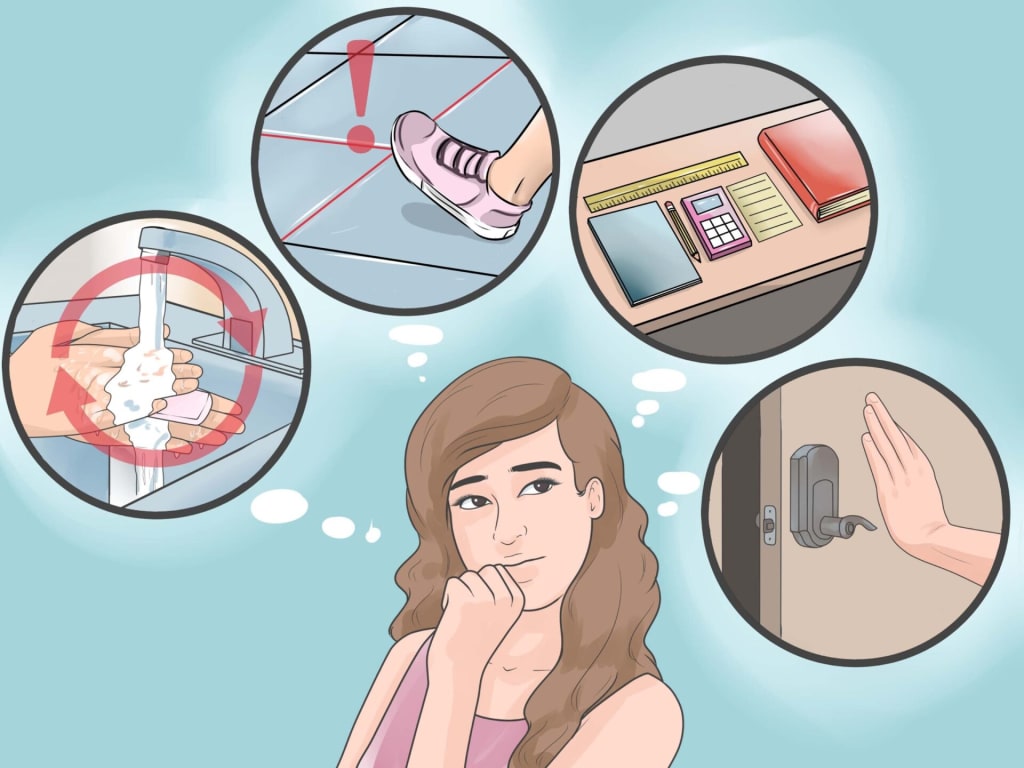The Impact of OCD on Relationships and Daily Life
The Impact of OCD on Relationships and Daily Life

Obsessive-Compulsive Disorder (OCD) is a mental health condition that affects millions of people worldwide. It is characterized by intrusive, unwanted, and repetitive thoughts, images, or impulses, known as obsessions, which trigger intense anxiety and distress. In response, individuals with OCD engage in repetitive behaviors or mental acts, known as compulsions, to reduce their anxiety and prevent harm. These compulsions can range from washing hands excessively, checking locks repeatedly, to counting or repeating specific words silently.
While OCD can be challenging to deal with on its own, it can also impact relationships and daily life. Individuals with OCD may struggle to maintain healthy relationships due to their symptoms, which can cause strain, misunderstandings, and conflicts with loved ones. This article will explore the impact of OCD on relationships and daily life, as well as the role of therapists for OCD in Delhi.
Relationships and OCD
OCD can take a toll on romantic relationships, friendships, and family dynamics. Individuals with OCD may feel embarrassed or ashamed of their symptoms, which can lead to feelings of isolation and loneliness. Moreover, the obsessions and compulsions associated with OCD can interfere with daily activities and quality time with loved ones, causing frustration and stress.
In romantic relationships, OCD can cause significant strain. For example, individuals with OCD may have intrusive thoughts about their partner cheating or being unfaithful, leading to compulsive behaviors such as checking their partner's phone or social media accounts repeatedly. This behavior can be interpreted by the partner as a lack of trust or suspicion, leading to misunderstandings and conflicts.
Additionally, individuals with OCD may struggle with physical intimacy due to their symptoms. They may avoid sexual contact or become overly anxious about sexually transmitted infections, leading to a lack of intimacy and strain on the relationship.
OCD can also impact friendships and family dynamics. Individuals with OCD may avoid social events or gatherings due to their symptoms, leading to isolation and feelings of loneliness. Additionally, their compulsions may disrupt daily routines or cause delays, leading to frustration and stress among family members or friends.
Moreover, loved ones may struggle to understand or relate to the individual's OCD symptoms, leading to misinterpretations and conflicts. For example, a family member may become frustrated with the individual's need to clean or organize excessively, interpreting it as laziness or an unwillingness to help around the house.
In these situations, seeking the help of a therapist for OCD in Delhi can be beneficial. A therapist can help individuals with OCD understand their symptoms and develop coping strategies to manage their symptoms in relationships. They can also provide support and guidance to loved ones to understand and support the individual with OCD better.
Daily Life and OCD
OCD can also impact daily life significantly. Individuals with OCD may spend a significant amount of time engaging in compulsive behaviors, leading to a loss of productivity and reduced quality of life. For example, individuals with OCD may spend several hours a day washing their hands or checking their locks, leading to a loss of time and energy for other activities.
Additionally, OCD can interfere with work or school performance. Individuals with OCD may struggle to focus on tasks or complete them efficiently due to intrusive thoughts and compulsive behaviors. Moreover, their symptoms may cause them to miss work or school, leading to absenteeism and reduced performance.
OCD can also impact self-esteem and self-confidence. Individuals with OCD may feel ashamed or embarrassed about their symptoms, leading to feelings of low self-worth and negative self-talk. They may also struggle to engage in activities or hobbies they enjoy due to their symptoms, leading to a reduced sense of purpose and fulfillment.
In these situations, seeking the help of a therapist in Delhi can be beneficial. A therapist can help individuals with OCD develop coping strategies to manage their symptoms in daily life. They can also provide support and
About the Creator
Enjoyed the story? Support the Creator.
Subscribe for free to receive all their stories in your feed. You could also pledge your support or give them a one-off tip, letting them know you appreciate their work.





Comments
There are no comments for this story
Be the first to respond and start the conversation.